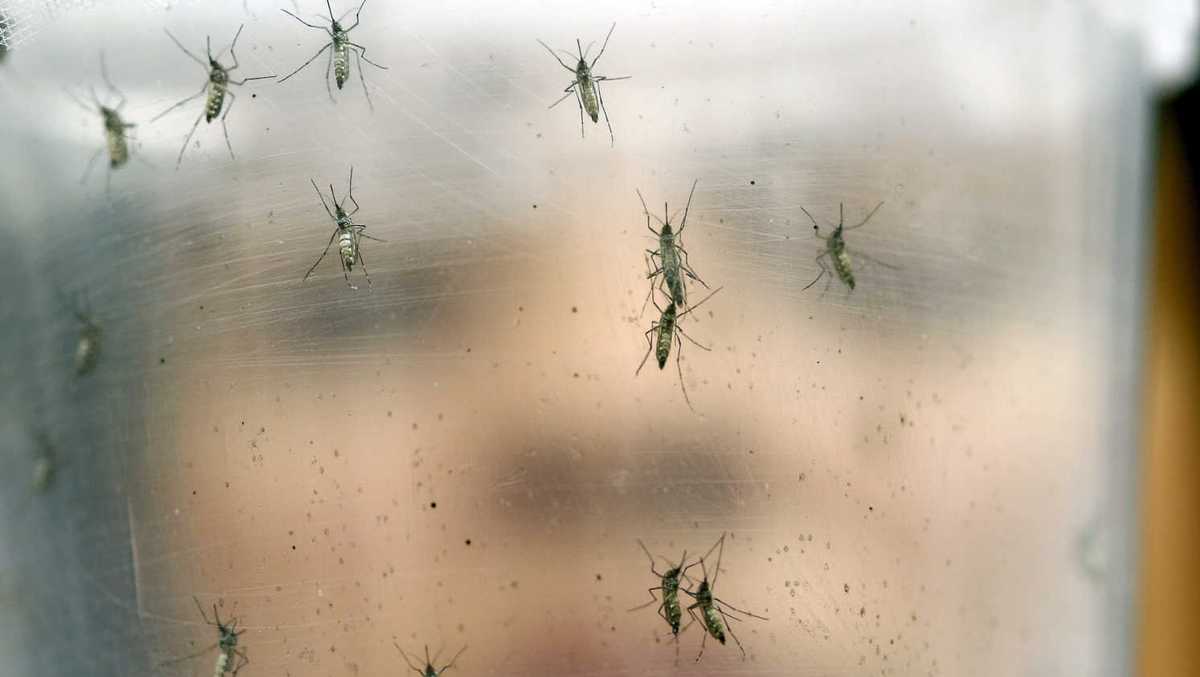The confirmation of the first human case of West Nile Virus (WNV) in Hampden County, Massachusetts, marks a significant public health concern that necessitates immediate attention and action. The West Nile Virus, primarily transmitted through mosquito bites, poses serious health risks to individuals, particularly those with weakened immune systems. The emergence of this case highlights the importance of monitoring vector-borne diseases and implementing preventive measures to safeguard public health.
This incident underscores the need for enhanced surveillance programs aimed at identifying and controlling mosquito populations in affected areas. Public health officials must prioritize community awareness campaigns that educate residents about the symptoms of WNV and effective prevention strategies. These initiatives could include promoting the use of insect repellent, wearing protective clothing during peak mosquito activity hours, and eliminating standing water where mosquitoes breed. Such proactive measures are essential in mitigating the spread of this virus within local communities.
The detection of EEE in both the animal and mosquito populations has elevated the risk level in Plymouth to high and Dedham to low. The DPH also noted that Carver and Middleborough are currently at high risk for EEE, while twelve other communities, including Amesbury and Halifax, are at moderate risk. The risk of WNV infection remains moderate in the Greater Boston area and parts of Bristol, Essex, Hampden, Plymouth, and Worcester counties.
The first WNV-positive mosquitoes were identified in Quincy on July 2, followed by the season’s first EEE-positive mosquitoes found in Carver on July 3. EEE-infected mosquitoes have also been detected in Halifax, Kingston, Barnstable, Amesbury, and Haverhill.
WNV, primarily transmitted through mosquito bites, had six human cases and no animal cases in 2023. EEE, a more severe but rare disease, saw no human cases in Massachusetts from 2021 to 2023, following significant outbreaks in 2019 and 2020. The DPH urges the public to take preventive measures, such as using EPA-registered insect repellents, wearing long clothing, and avoiding peak mosquito hours from dusk to dawn.
The DPH also advises residents to mosquito-proof their homes by draining standing water, which serves as breeding grounds for mosquitoes, and ensuring screens on windows and doors are intact. Additionally, animal owners are encouraged to take precautions, including reducing standing water, keeping animals indoors at night, and consulting veterinarians about repellents and vaccinations.
Officials expect the mosquito population to increase throughout the summer and recommend, among other prevention techniques, avoiding outdoor activities in dawn and dusk, when mosquitoes are most active.
The Department of Public Health says people can call its Division of Epidemiology at 617-983-6800 for more information about the mosquito-borne illnesses.
Read more
Hobbit fossils indicate that small humans inhabited Indonesian islands 700,000 years ago. The most dominant Olympic athlete Amit Elor WON gold in Paris for USSarah H
Also on site :
- After dazzling at Coachella, Lady Gaga announces San Francisco arena shows
- Model Alexa Chung to sell her clothes on Vinted
- Fearne Cotton reflects on challenges of getting older in media industry: ‘I’m not young and gorgeous’

